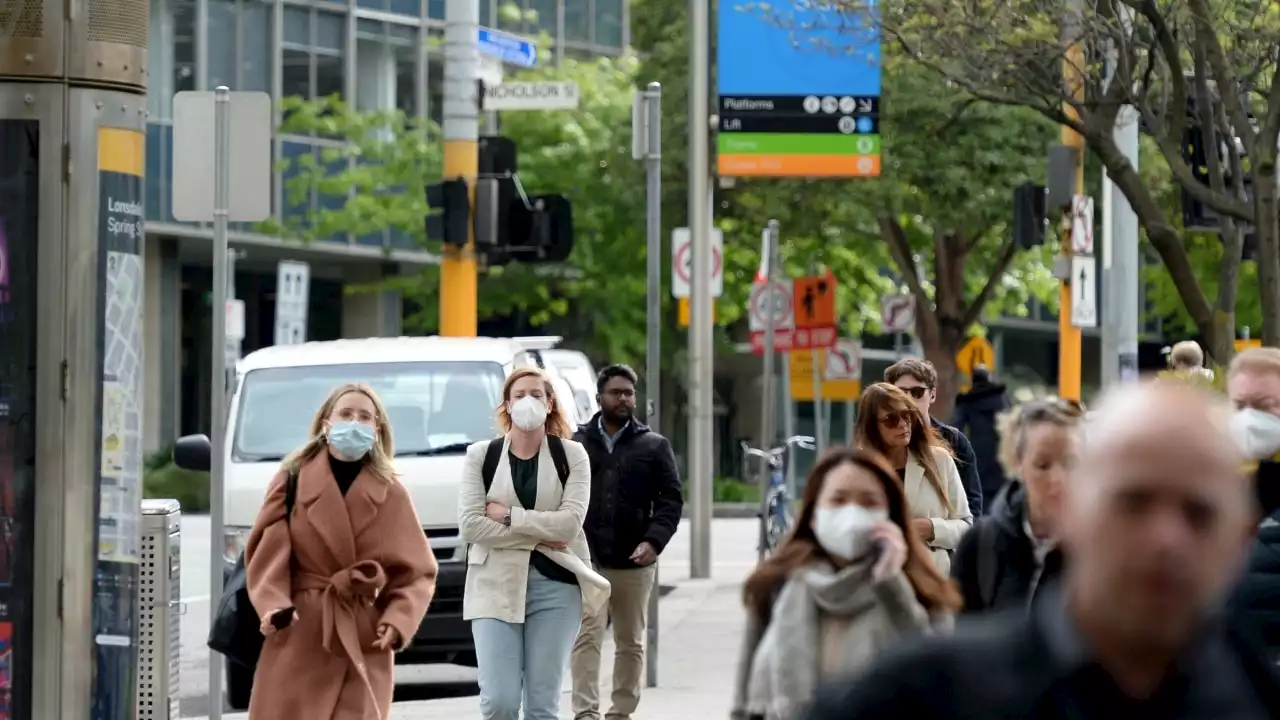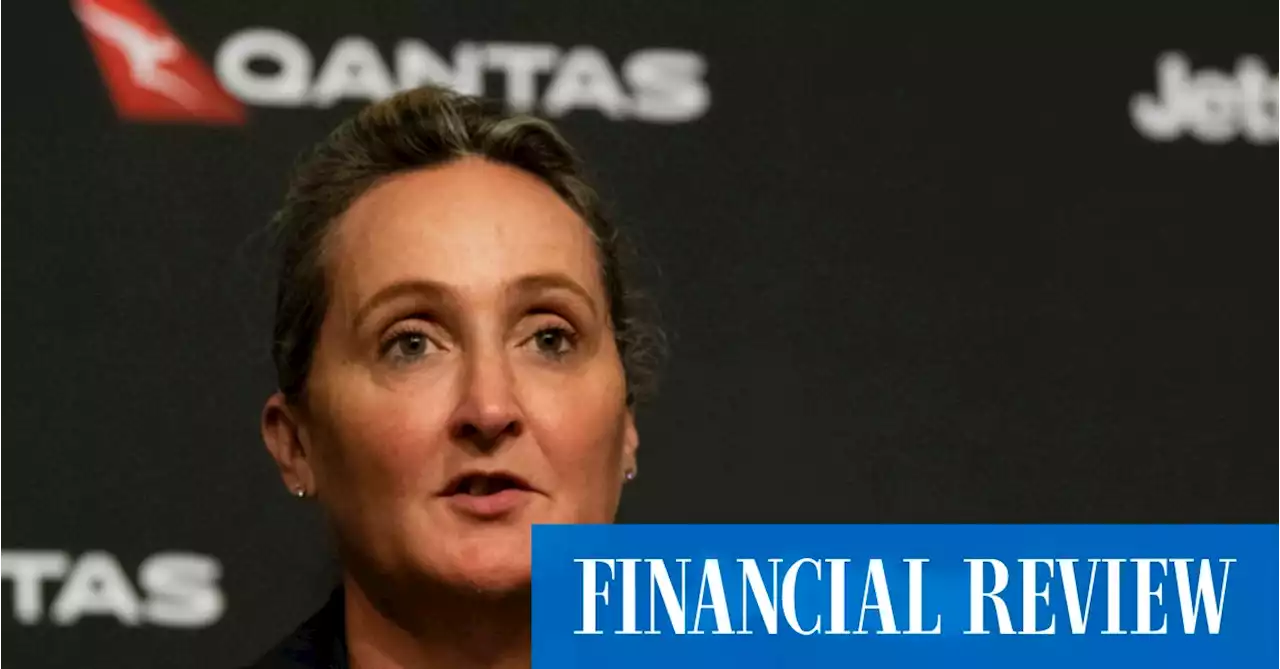The long read: Since being laid low with the virus more than a year ago, Catherine Heymans can only operate in half-hour bursts. But her work could still change the way we understand the universe
”, which doesn’t emit, reflect, or absorb light, but exerts the attractive force of gravity. The existence of dark matter helps to explain why galaxies aren’t torn apart as they whirl through the void. “If all that was there was the stuff that we see, the stars would simply fly out into space,” Heymans explains in one of her public performances. The other constituent is “dark energy”, which causes the universe to expand at faster and faster speeds.
Heymans was among the first people to detect a crack in the standard model. When the first ultra-precise maps of the cosmic microwave background were released by the EuropeanAgency’s Planck observatory, in March 2013, they fit the predictions of the standard model with exquisite precision. But Heymans quickly realised those maps no longer agreed with one of the measurements she was making of the more recent universe.
Like nerds the world over, Heymans had a small circle of smart but socially ostracised friends. “If you were academically bright, then you were considered a bit sad, really,” her friend since childhood Esther Gamble, told me. “But we didn’t mind – we had each other and our little group of geeks.” At Hitchin girls’ school, which is now one of the few remaining single-sex state schools in the country, Heymans felt she had the opportunity to be a leader in her science and maths classes.
In 1998, she became fascinated by cosmology, the study of the universe as a whole. That May, Adam Riess published the first draft of a seminal article that seemed to establish that, contrary to prevailing theories, the expansion of the universe was accelerating. If the universe was expanding faster and faster, there had to be some extra form of energy stretching it more and more.
Weak lensing requires the collection and analysis of a huge amount of data, which is a demanding computational task. During her DPhil, Heymans co-wrote a piece of computer software to measure the shapes of distant galaxies in order to understand how gravity, the atmosphere and telescopes distorted the path of their light. “It was a brilliant idea,” she recalled, with self-mocking pride, “but there was absolutely no way we had the computer power to use it.
But if one meteorologist says there’s a 95% chance of eight inches of rain, and another says there’s a 95% chance of pure sunshine, then you have a tension or, worse, a crisis. You can be reasonably sure that either one of the scientists made a mistake, or there’s something very wrong with the model they’re using to make predictions.
“We went through the stages of grieving – denial, anger, and so on,” Riess told me recently, reflecting on the period in which he and his team realised they were no longer in agreement with the standard model. Accusations were thrown around about who had got their analyses wrong, and how. “But a lot of work has been done since then, and we have a much stronger result now,” Riess continued.
Her recovery was slow, and faltering, but six months after developing long Covid, Heymans was starting to feel glimmers of improvement. In early September, though, she contracted Covid for the second time. “A bit of an almighty setback,” she wrote to me shortly afterward. “Even though I don’t go anywhere, or see anyone, I have 3 kids who go to school and are therefore biohazards.” The good news was her kids hadn’t developed long-term symptoms, she continued.
Australia Latest News, Australia Headlines
Similar News:You can also read news stories similar to this one that we have collected from other news sources.
 Hundreds of ‘press release’ Australian infrastructure projects risk the axe under new 90-day reviewInfrastructure minister Catherine King says review will focus on previous Coalition government commitments
Hundreds of ‘press release’ Australian infrastructure projects risk the axe under new 90-day reviewInfrastructure minister Catherine King says review will focus on previous Coalition government commitments
Read more »
 Doctor’s grim warning post COVID-19 pandemicA respected doctor and health research policy expert has made bold accusations and claims about how governments 'failed' to handle the COVID-19 pandemic, stating that the negative effects will be felt years to come.
Doctor’s grim warning post COVID-19 pandemicA respected doctor and health research policy expert has made bold accusations and claims about how governments 'failed' to handle the COVID-19 pandemic, stating that the negative effects will be felt years to come.
Read more »
 ‘Tree-change’ suburbs signalling a property price plunge as Covid demand falls off - realestate.com.auGreater Melbourne’s leafy suburbs which spiked in buyer demand during the pandemic have fallen drastically, with experts predicting a plunge in prices
‘Tree-change’ suburbs signalling a property price plunge as Covid demand falls off - realestate.com.auGreater Melbourne’s leafy suburbs which spiked in buyer demand during the pandemic have fallen drastically, with experts predicting a plunge in prices
Read more »
 Hudson beats 40 to take Qantas top job from ‘bittersweet’ JoyceThe incoming CEO has been chief financial officer since 2019, guiding the airline’s balance sheet through COVID-19 before turning it to a record interim profit.
Hudson beats 40 to take Qantas top job from ‘bittersweet’ JoyceThe incoming CEO has been chief financial officer since 2019, guiding the airline’s balance sheet through COVID-19 before turning it to a record interim profit.
Read more »
 Long Covid left people like me in the shadows – now we’re on a West End stage | Joanna HermanA pioneering singing programme from opera houses across Britain is bringing joy to those still struggling with little support, says consultant in infectious diseases Joanna Herman
Long Covid left people like me in the shadows – now we’re on a West End stage | Joanna HermanA pioneering singing programme from opera houses across Britain is bringing joy to those still struggling with little support, says consultant in infectious diseases Joanna Herman
Read more »
